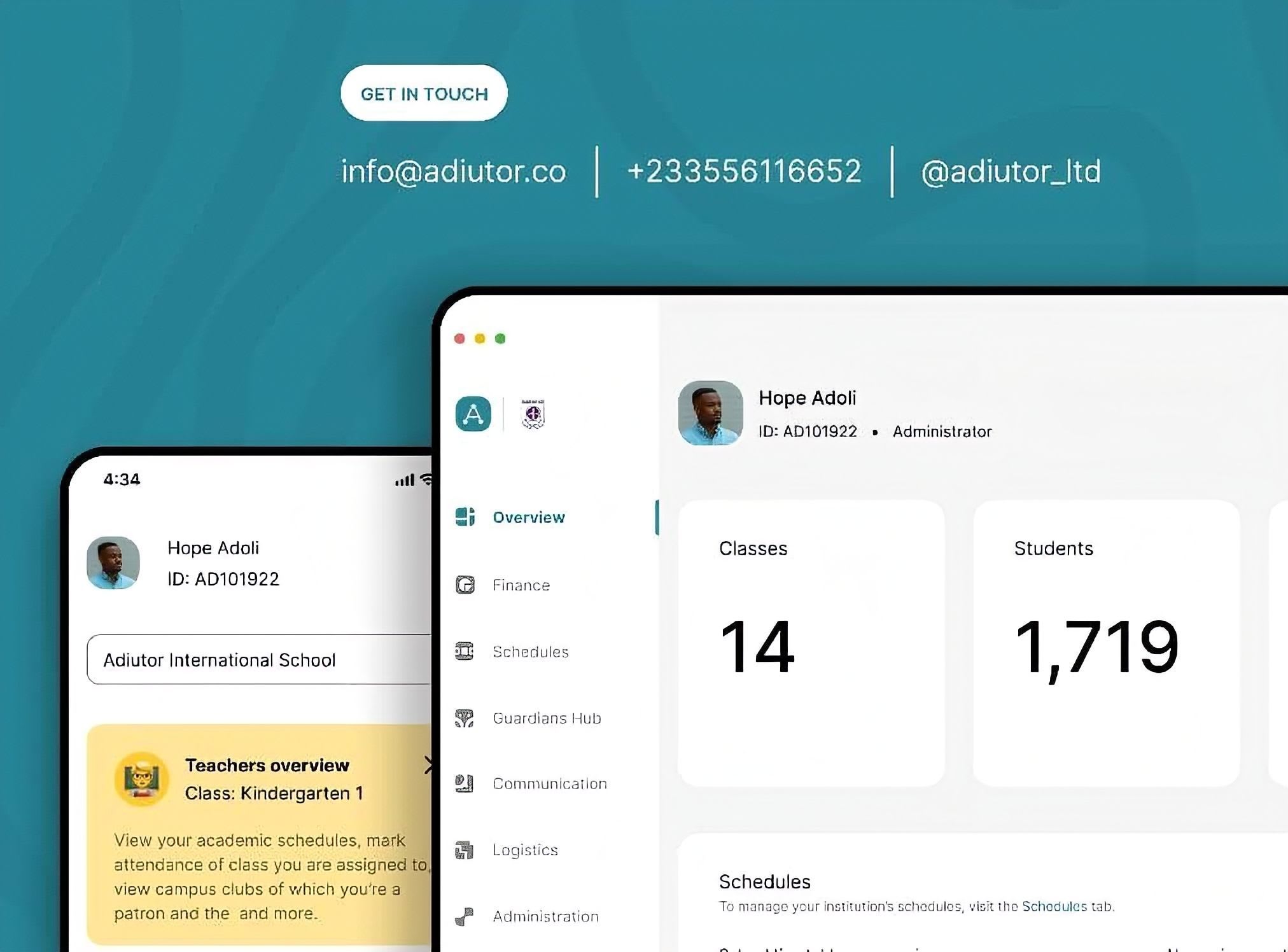How modern education compares to classical school education?
Education has been a fundamental pillar of society for centuries, but the methods of teaching and learning have evolved over time. In recent years, the concept of modern education has gained prominence, with innovative approaches and technologies transforming the classroom experience.

Education has been a fundamental pillar of society for centuries, but the methods of teaching and learning have evolved over time. In recent years, the concept of modern education has gained prominence, with innovative approaches and technologies transforming the classroom experience. However, some argue that the classical school education of the past remains relevant and effective. This article will explore the key differences between modern and classical education and analyze their respective strengths and weaknesses.
💡 Lessons learnt: We evolve by building on what worked before with what we know today.
The Classical School Education approach to teaching was focused on providing students with a comprehensive education, emphasizing the mastery of language and literature while also attaching significance to the humanities. Students were taught core subjects such as history, mathematics, science, and literature in order to impart essential knowledge and values for a well-rounded learning experience. Rhetoric and writing skills were also heavily prioritized due to their importance in effective communication in everyday life. This type of schooling relied on teachers guiding instruction and assessing student performance by assigning traditional assessments including tests or papers that required critical thinking skills. Overall this method provided an individualized educational experience tailored to each student's own abilities through lecture-based instruction methods with frequent evaluation points along the way.
Modern education is essential for today's society and can be tailored to each student’s needs for a meaningful learning experience. Technology has changed educational tools and methods, allowing students to learn virtually or from a distance. It has also bridged the gap between access to quality education worldwide by giving individuals access regardless of their geographical location. Virtual reality has opened up opportunities for interactivity within the curriculum, creating more engaging learning experiences that are enriched with accurate simulations and digital environments. In recent times, a more thorough understanding of how the brain receives and stores information has also unveiled new insights and possibilities in pedagogical practices. Through modern education, students have more chances than ever before to gain knowledge – making it an invaluable resource in this day and age.
Modern and Classical Education
The 21st century has brought about a multitude of changes in the educational system. With the introduction of new technologies, teachers and students alike are faced with the difficult decision of which type of education will bring them better outcomes: classical or modern?
Traditional methods have been used for centuries, relying mainly on physical instruction materials such as textbooks, physical classrooms and chalkboards. Modern approaches often employ technology-oriented learning tools such as online lectures, video conferencing and interactive multimedia software that can be accessed from any location around the world. While traditional methods provide stability in teaching processes, modern approaches offer greater flexibility for learners who may not have access to traditional educational facilities due to distance or other factors. For learners with disabilities, modern education offers a more wholesome educational experience compared to classical methods due to its easy accessibility and adaptability. It is thus necessary for education stakeholders to analyze how these two systems differ in terms of content delivery and assimilation, resources available and cost efficiency so that educators can adjust their strategies accordingly to maximize student success. Modern technology has made it possible for professors to transition their strategies into digital methods of teaching or even hybrid models combining strengths from both traditional and modern approaches.
While each approach has its own benefits depending on individual needs and circumstances, as custodians of education, everyone involved in education today – teachers, parents and students –need to recognize how constant technology and research advancements are impacting both classic and modern approaches effectively driving educational goals forward into an exciting new era.

Adiutor
Adiutor means "helper" - we do just that, by taking a load of your school administration and helping you focus on what matters most: the kids.
.
